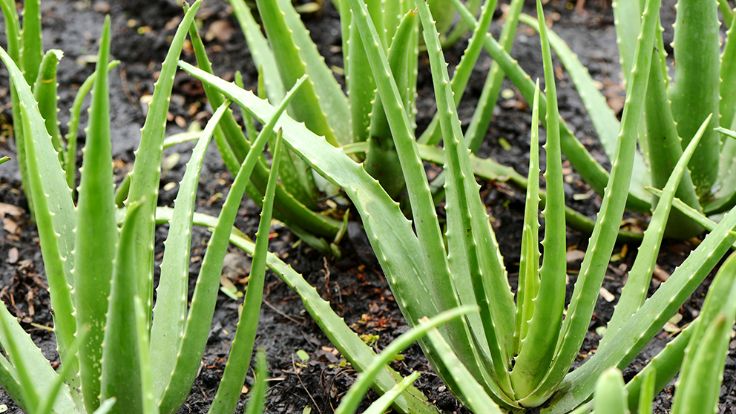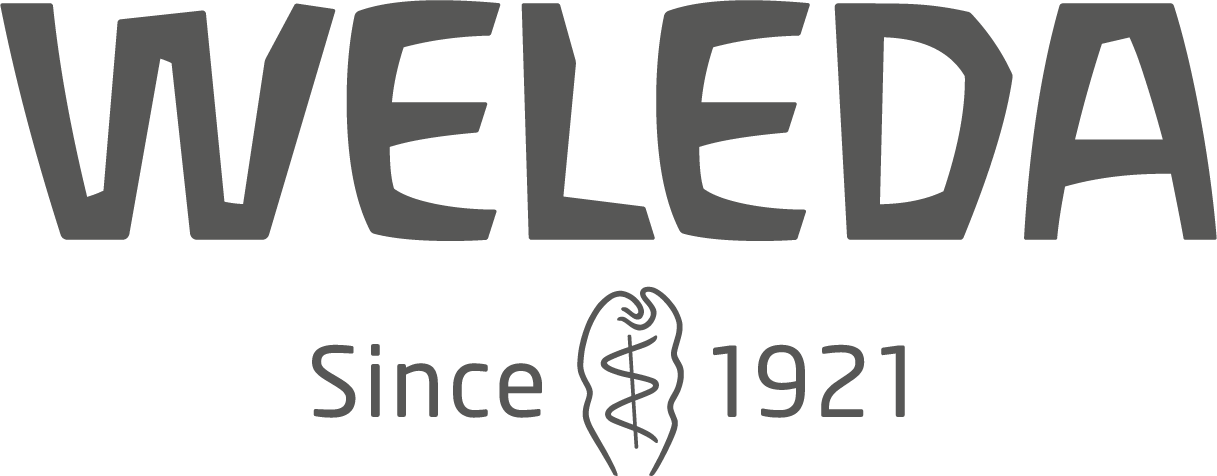
How a sea cow collects plastic waste
Interview with Bettina Kelm of the non-profit environmental organisation "One Earth – One Ocean"
With its "Marine Litter Cleanup" concept, the organization One Earth – One Ocean e.V. is helping to rid seas and inland waters from plastic waste, oil and chemicals. How is this being done?
Bettina Kelm: We have two types of waste collection vessels, which use nets reaching down to four metres deep to collect plastic trash. The "SeeHamster" (sea hamster) vessels are used in inland waters. For coastal waters, we use a larger catamaran, called the "SeeKuh" (sea cow). This model has a specially designed net construction suspended between its two hulls.
Why are you doing this?
B.K. The situation in our oceans is critical. An estimated 150 million tonnes of plastic waste1, are floating in the world's oceans today – a good third of which is packaging and disposable products. Every year, another 4,8 to 12,72 million tonnes are added, which corresponds to about one truck load per minute. Plastic waste does not decompose in the sea, but remains in the environment for centuries; a PET bottle will last for about 450 years. Over time, plastic waste is broken down by waves, salt water, ultraviolet rays and mechanical influences into tiny particles, called microplastics. Particles around 5 millimetres in size are as big as plankton, and are mistaken for food by plankton-eating and filter-feeding animals. The toxic particles enter the food chain in this way. Our waters are littered with minute particles from cosmetics, fibres from synthetic clothing – even the abrasion of car tyres and shoe soles result in particles which are washed into our rivers and oceans. Given the means we have today, it is nearly impossible to remove microplastics from nature.
Where are you working with your SeeHamster and SeeKuh?
B.K. In Germany, Hong Kong, Cambodia, Brazil and Indonesia in the future. The SeeHamster is currently active in a branch of the Mekong in Cambodia and will soon receive further support. We’ve already had success with the SeeKuh in Hong Kong and in the Kieler Förde.
We are also working to rid water of oil and pollutants. We use an environmentally friendly, wax-based oil binder made of cotton wadding. It has already been used in the Niger Delta in Nigeria, one of the most oil-rich regions in Africa. The landscape there is heavily polluted by the oil spills that frequently occur at oil production facilities and pipelines.
What happens to the plastic waste you collect?
B.K. For the moment, the garbage we collect is still being recycled on land. But in the future, this task will be done at sea aboard the SeeElefant – a ship that we've rebuilt and that's now recycling waste. With it, we aim to return plastic waste to the resources cycle. In addition to producing single-variety plastic bales, we will extract energy and oil from the plastic waste. Approximately 900 litres of sulphur-free light oil can be obtained from one tonne of pre-sorted plastics, in an environmentally friendly way. This oil can be used by ships.
What is your vision?
B.K. We are calling for a reasonable waste prevention system that strengthens reusable packaging, improved recycling with binding standards for the packaging industry. And for a rapid and comprehensive ban on microplastics, in both particle and liquid form. Natural cosmetic products have long proven that they can be made without plastics. It is vital to educate people on the issue. Our organization’s main focus is on removing the larger pieces of plastic litter floating on the water's surface – there is so much to be done in that area alone. With the help of donations, we want to provide fair wages for people working to collect marine litter in hard-hit regions such as Asia and Africa.
We also collect and analyse data from polluted waters. This data is presented on our Microplastic Pollution Map, which can be viewed online. We have compiled an extensive knowledge base on marine waste.
Information
One Earth – One Ocean e.V. was awarded the renowned 2013 GreenTec Award, Europe's largest environmental and business prize.
https://www.facebook.com/One-Earth-One-Ocean-163573257046660/














